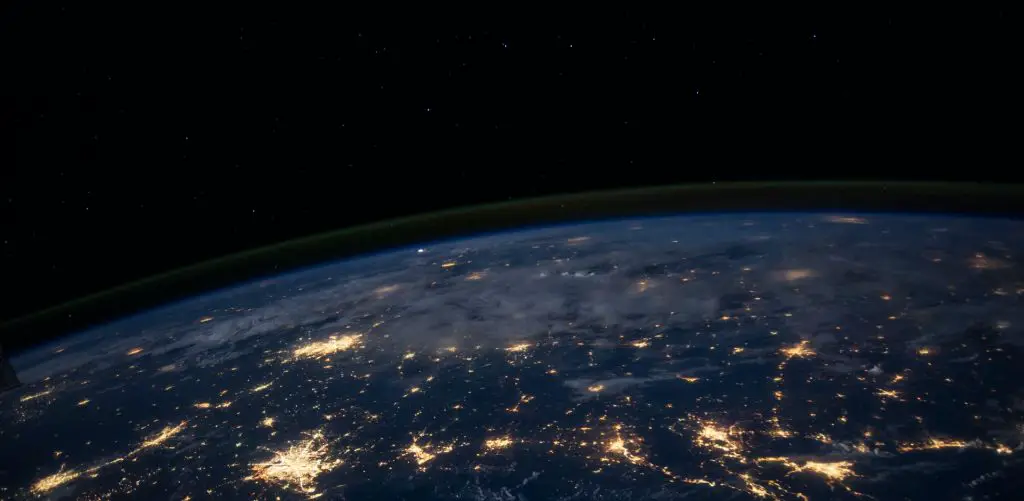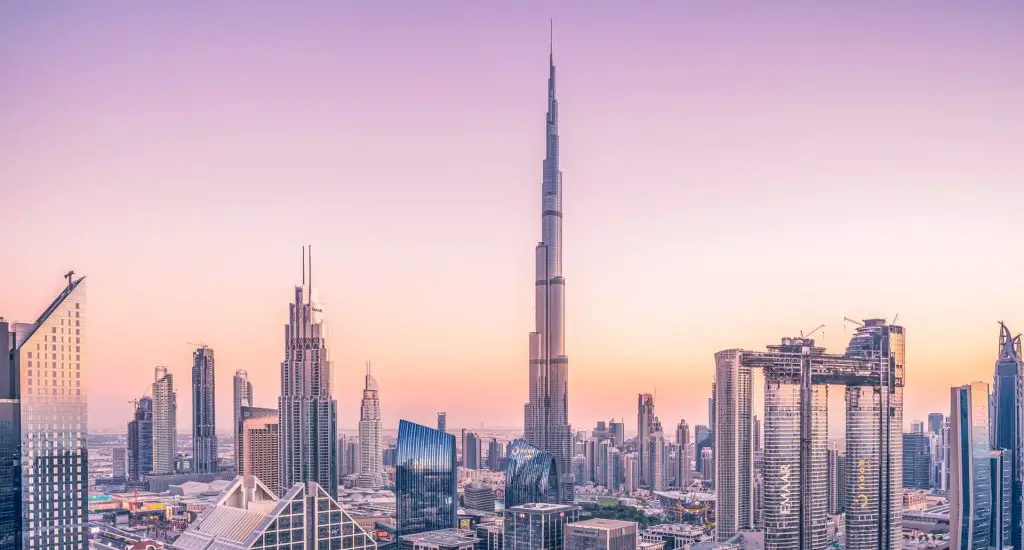With the increasing number of people moving to urban areas, there is also an increasing need for efficient management of resources. In addition to urbanization, climate change is also an issue that needs to be solved urgently. A smart city can bring possible solutions to these problems and thus be a step towards more sustainability.
There is a variety of different definitions for the term smart city. We think that the following describes it the best for its current state, but will most likely change slightly in the next years due to the complexity of the topic.
Definition
The term “Smart City” describes the concept of using modern technologies to make urban areas more sustainable in regards to the environment, society and economy.

Solutions and Technologies
A “Smart City” has the goal to solve a large number of problems related to urban living that currently exist and will be of even greater importance in the future. This includes environmental issues such as climate change, pollution and the extinction of species. It is also related to problems within the society such as affordable housing, ethical living and working conditions. Lastly, it is trying to solve economical issues like high unemployment rates, inefficient production and distribution.
In order to address these issues, different kinds of modern technologies will be implemented into buildings and infrastructure. This includes sensors that connect the physical world with the internet, also called the “Internet of Things” or “IoT”. The data from these sensors can then be collected and analyzed. Thanks to artificial intelligence and machine learning, patterns or connections may be found in this information and thus be used to make buildings more efficient. To manage this amount of data, there needs to be a data management system and a fast mobile network. This can be realized thanks to 5G with its high transmission speed of up to 10 Gbps.
Another important part of smart city technology is a reliable energy network, which allows to transport it in between buildings and infrastructure. Especially with the increasing demand for electric cars, a large supply of electricity at different locations in the smart city is important.
Overall, thanks to these developments, many parts of a city will be more efficient and sustainable than before, thus affecting the environment, society and economy in a positive way.

Examples
In many countries, all over the world, smart city concepts are getting subsidized and implemented. Some of the most successful ones are the following:
Singapore
In 2014 a smart city initiative has been announced by the Singaporean government and has been backed by around $1.7 billion. This allowed them to digitalize the whole urban area with sensors, autonomous vehicles, data management systems and more. As a result, the city is able to provide better healthcare, better mobility and a reduction in energy consumption.
Dubai
Dubai has started its implementation of smart city solutions in 2013. Their goal is to make government and citizen services more efficient and transparent by relying on technologies like the blockchain, artificial intelligence and data science. Additionally, Dubai is also implementing IoT solutions and autonomous transportation.
Copenhagen
This smart city relies on sensors to actively monitor traffic, energy usage, air quality and other relevant information. As a result of this initiative started in 2014, living quality and energy consumption has seen improvements. Moreover, many startups that operate in the field have come to Copenhagen thus increasing cooperation and growth of smart city technologies and solutions.

